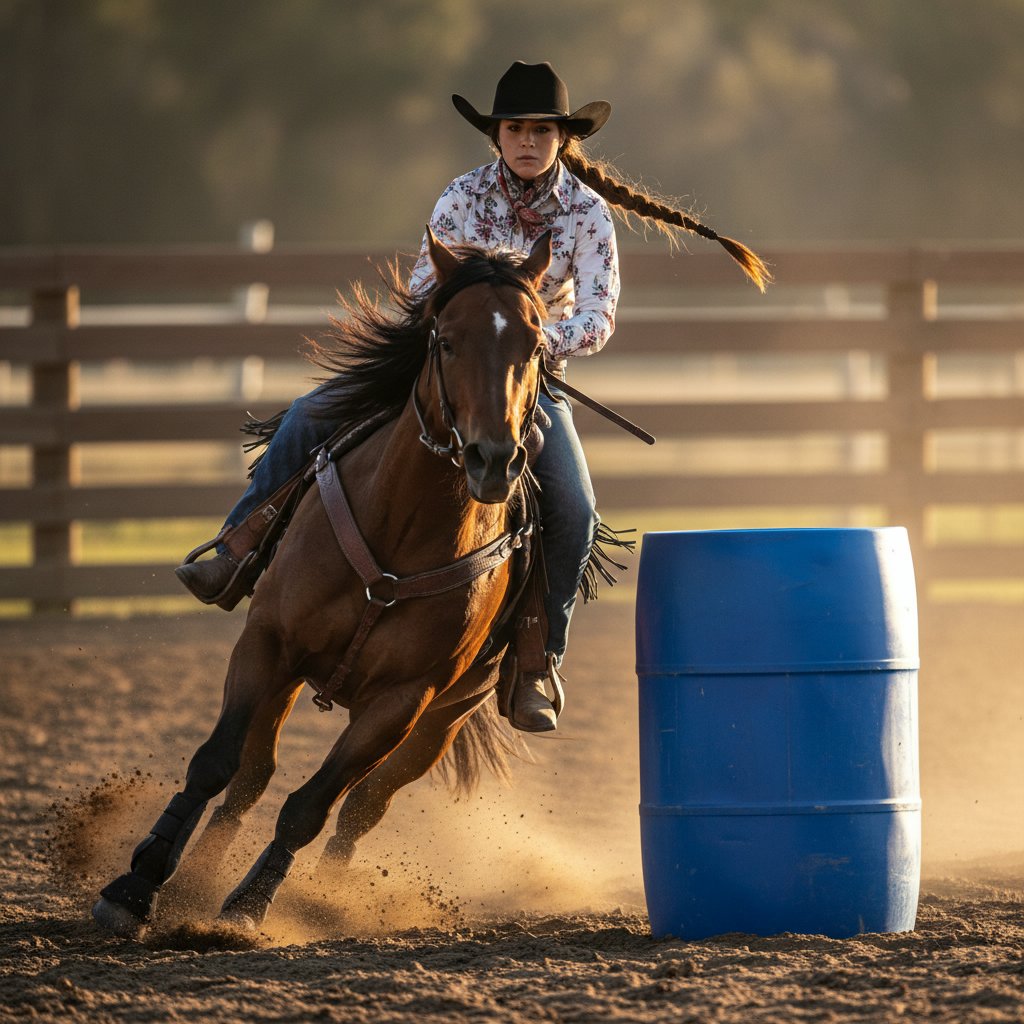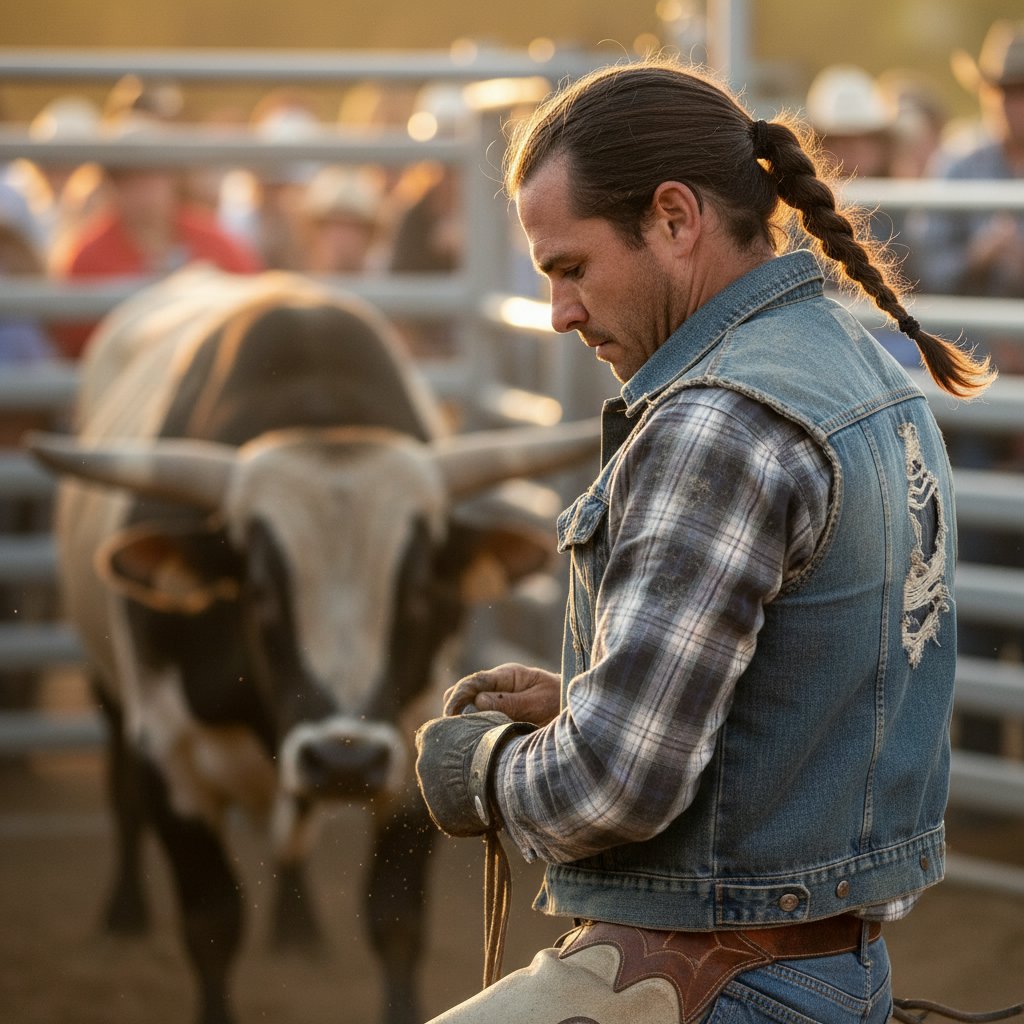The Impact of Diet on Hair Health | Foods for Stronger, Shinier Hair
Your Plate, Your Crown: Unlocking Hair Potential Through Nutrition
We often invest in premium shampoos, deep-conditioning treatments, and expert styling to achieve the perfect look. While these are crucial components of a great hair care routine, the secret to truly radiant, resilient hair begins long before you step into the shower—it starts on your plate. The impact of diet on hair health is one of the most significant, yet often overlooked, factors in achieving the strong, shiny locks we all desire. Your hair follicles, like any other part of your body, require a steady supply of essential nutrients to grow strong and healthy. A diet lacking in key vitamins, minerals, and macronutrients can lead to dullness, brittleness, thinning, and even hair loss.
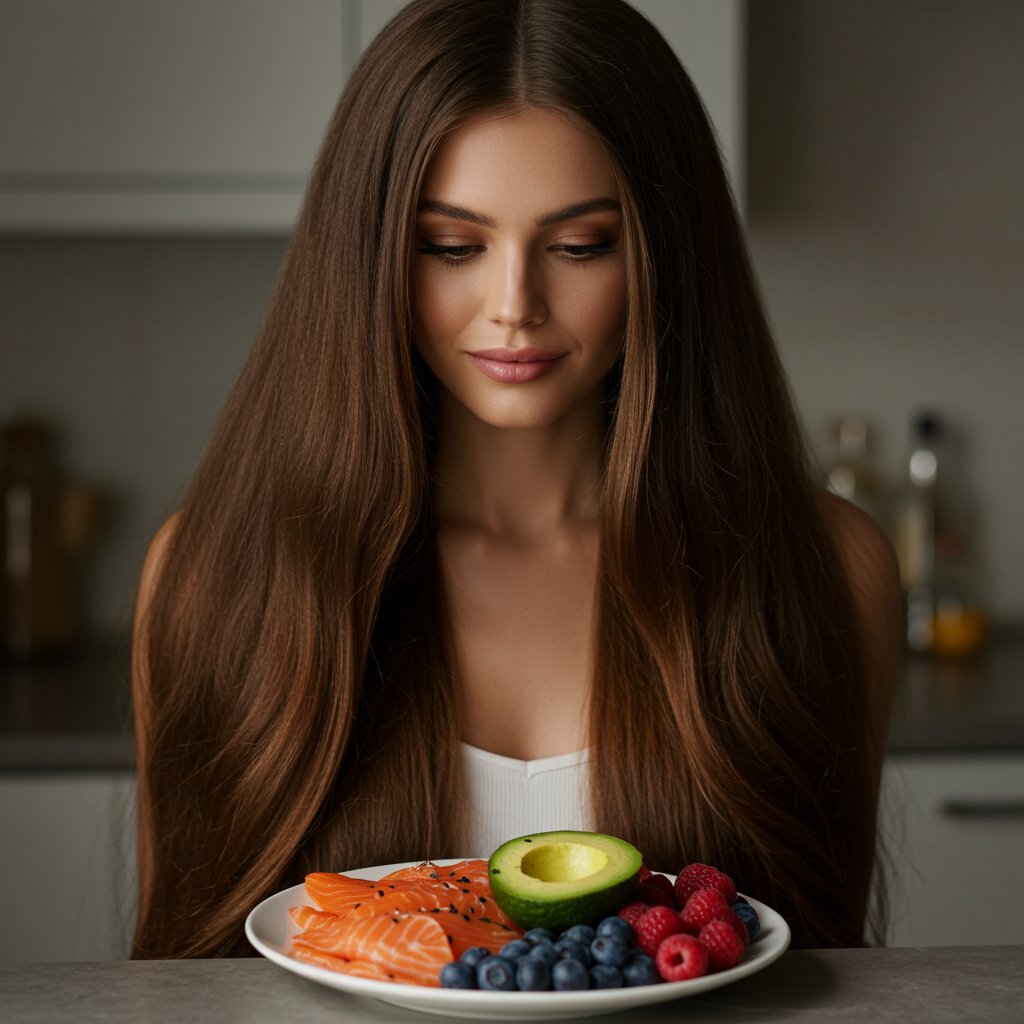
Think of your hair as a plant. You can polish its leaves all you want, but if the soil lacks nutrients, the plant will never truly thrive. Similarly, topical treatments can improve the appearance of the hair shaft, but a nutrient-rich diet nourishes the follicle—the living part of the hair beneath the scalp—creating a foundation for vibrant growth. This comprehensive guide will explore the powerful connection between what you eat and the health of your hair. We'll delve into the specific building blocks your hair needs, identify the best foods for stronger, shinier hair, and uncover which dietary habits might be sabotaging your hair goals. Get ready to transform your hair from the inside out.
---
The Building Blocks: Why Protein is Non-Negotiable for Hair
Hair is primarily composed of a tough protein called keratin. When your dietary protein intake is insufficient, your body rations the available protein, prioritizing essential functions like organ repair and hormone production over hair growth. This can result in slower growth, weaker strands, and increased shedding. To ensure your body has enough protein to build strong keratin structures, it's vital to include high-quality sources in your daily meals. This is the absolute foundation of any diet focused on improving hair health.
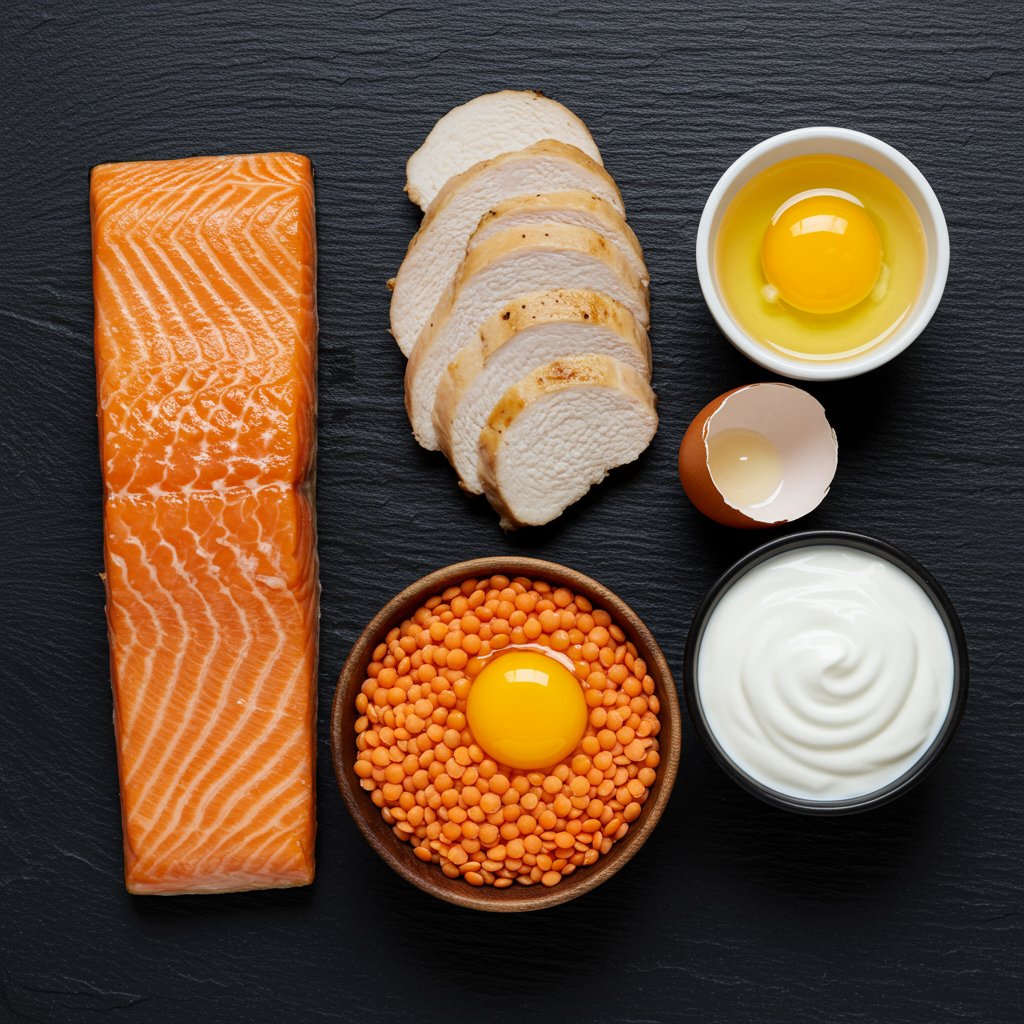
Aim to incorporate a variety of protein sources to get a full spectrum of amino acids, the individual components that form protein. Lean meats like chicken and turkey, fish, and eggs are excellent complete proteins. For those following a plant-based diet, options like lentils, chickpeas, tofu, quinoa, and nuts are fantastic choices. For example, Greek yogurt is not only packed with protein but also contains vitamin B5 (pantothenic acid), which helps with blood flow to the scalp and may even help against hair thinning. Making protein a centerpiece of your breakfast, lunch, and dinner is the first and most critical step in eating for better hair.
Key Protein-Rich Foods:
- Eggs: A powerhouse of protein and biotin, two of the most important nutrients for hair growth.
- Lean Poultry: Chicken and turkey provide high-quality protein without excess saturated fat.
- Fatty Fish: Salmon, mackerel, and herring are rich in protein and omega-3 fatty acids.
- Legumes: Lentils, beans, and chickpeas are excellent plant-based sources of protein, iron, and zinc.
- Nuts and Seeds: Almonds, walnuts, and chia seeds offer protein, healthy fats, and other vital minerals.
---
Essential Minerals: The Power of Iron and Zinc for Follicle Function
Beyond protein, specific minerals play a starring role in the hair growth cycle. Two of the most important are iron and zinc. Iron is crucial for producing hemoglobin, a protein in your red blood cells that carries oxygen. When your body is low in iron (a condition known as anemia), oxygen delivery to your cells—including the cells in your hair follicles—is impaired. This can disrupt the hair growth cycle and lead to a type of hair loss called telogen effluvium. It's one of the most common nutritional deficiencies linked to hair shedding, particularly in women.
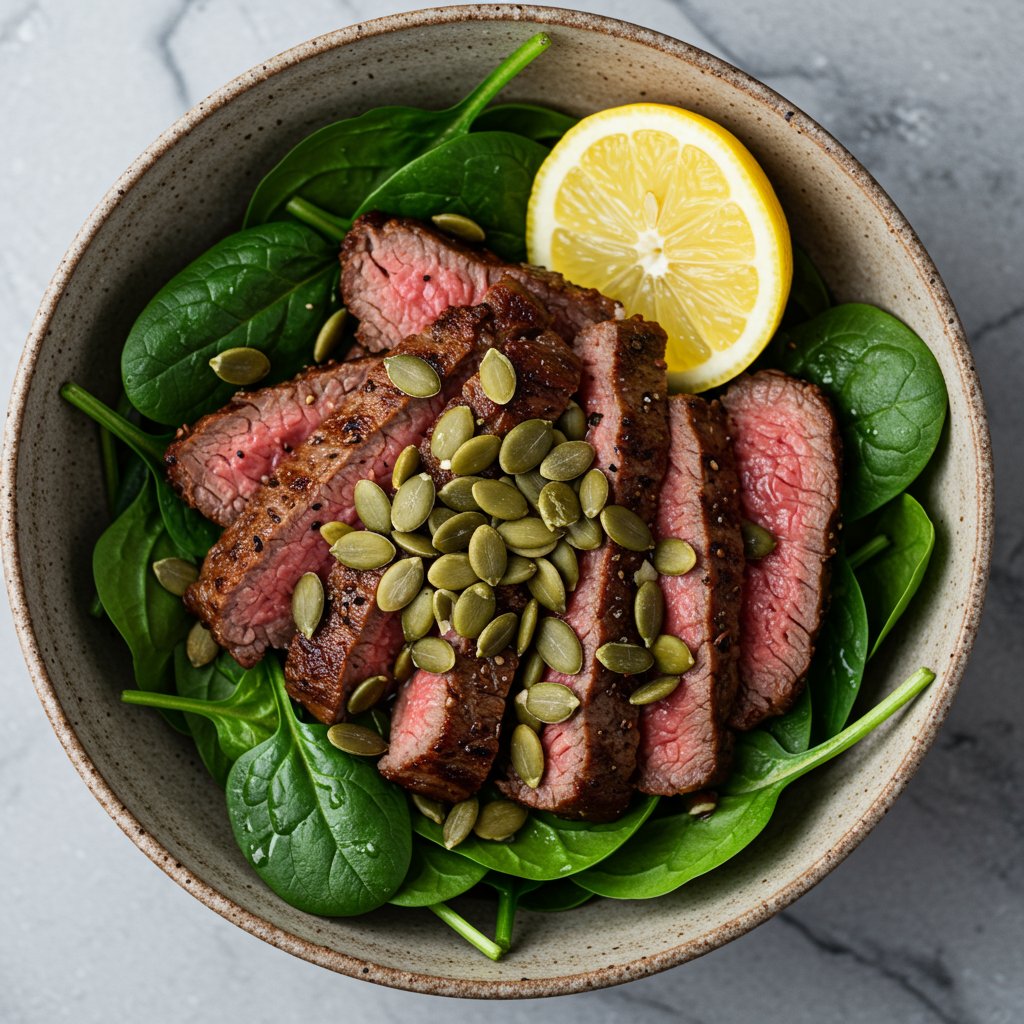
Zinc is equally vital, playing a key role in hair tissue growth and repair. It also helps keep the oil glands around the follicles working correctly. A deficiency in zinc can lead to a dry, flaky scalp and significant hair loss. Ensuring adequate intake of both these minerals is essential for maintaining a healthy scalp environment and a robust growth cycle. Foods rich in iron include red meat, spinach, lentils, and fortified cereals. For zinc, oysters are the most potent source, but beef, pumpkin seeds, and lentils are also excellent options. Combining iron-rich foods with a source of vitamin C (like citrus fruits or bell peppers) can significantly enhance iron absorption.
Top Sources of Iron and Zinc:
- Red Meat: A highly bioavailable source of both iron and zinc.
- Spinach: A plant-based iron champion, best paired with vitamin C.
- Oysters: The single best dietary source of zinc.
- Pumpkin Seeds: A delicious and easy way to boost your zinc intake.
- Lentils: A fantastic source of plant-based iron and zinc.
---
Vital Vitamins for Vibrant Hair: A, B, C, D, and E
Vitamins are the catalysts for countless biological processes, and their role in hair health is profound. A deficiency in any key vitamin can quickly manifest as dull, weak, or thinning hair. Understanding their specific functions can help you tailor your diet for maximum hair benefits.
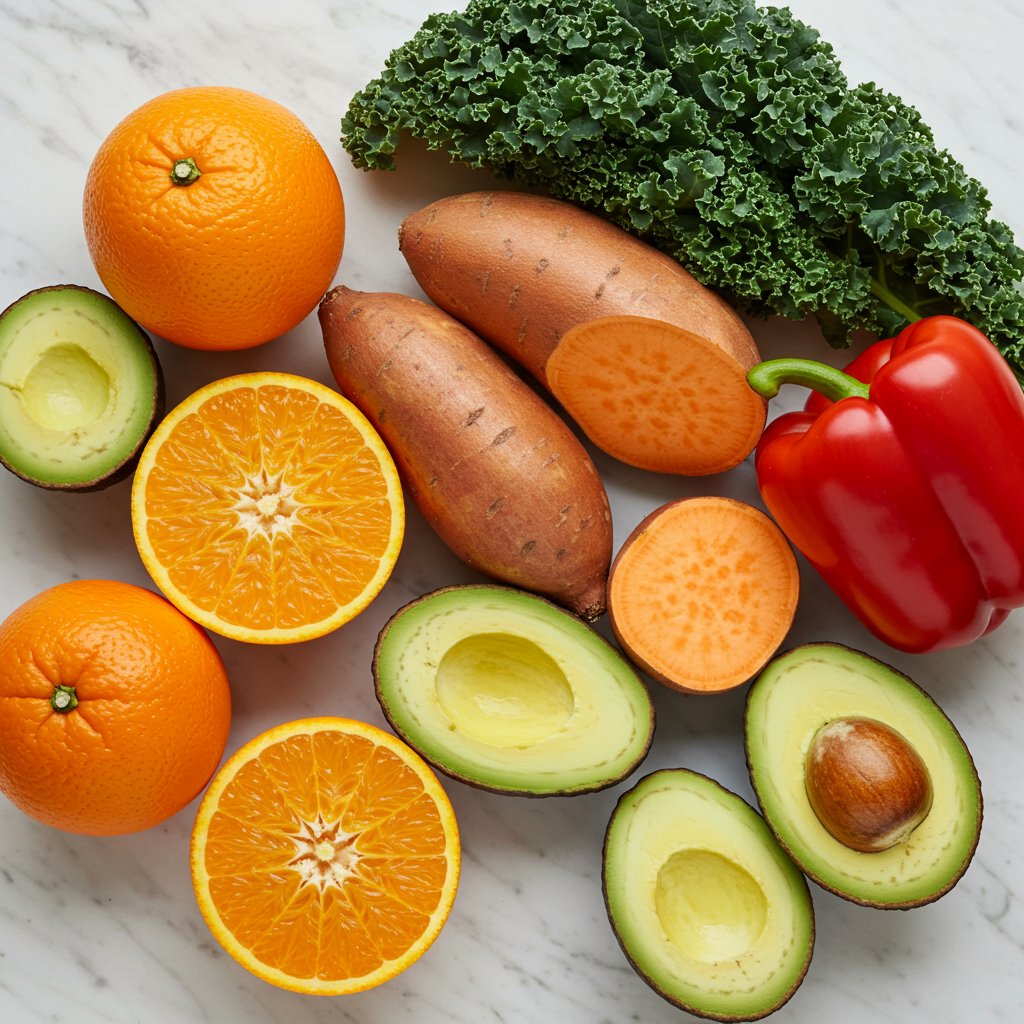
Biotin (Vitamin B7): The Hair Growth Superstar
Biotin is perhaps the most famous hair-related vitamin. It's essential for the production of keratin, the very protein that makes up your hair. While true biotin deficiency is rare, ensuring you have enough can support optimal hair growth. It's found in a wide variety of foods, including eggs (specifically the yolk), almonds, sweet potatoes, and salmon.Vitamin C: The Collagen Creator and Antioxidant Protector
Vitamin C is a powerful antioxidant that helps protect hair follicles from damage caused by free radicals. More importantly, your body needs vitamin C to create a protein called collagen, a critical part of the hair structure. Vitamin C also plays a crucial role in helping your body absorb iron, another key mineral for hair growth. Excellent sources include citrus fruits, bell peppers, strawberries, and broccoli.Vitamin E: The Scalp's Guardian
Similar to vitamin C, vitamin E is a potent antioxidant that can help prevent oxidative stress on the scalp. A healthy, well-circulated scalp is the bedrock of healthy hair. Some studies suggest that vitamin E can help improve blood circulation to the scalp, promoting a better environment for hair growth. Avocados, sunflower seeds, almonds, and spinach are all rich in vitamin E.Vitamin A: The Natural Conditioner
All cells need vitamin A for growth, including hair, the fastest-growing tissue in the human body. Vitamin A also helps the skin glands make an oily substance called sebum. Sebum moisturizes the scalp and helps keep hair healthy and naturally conditioned. However, it's a double-edged sword; too much vitamin A can also contribute to hair loss. Find the right balance with foods like sweet potatoes, carrots, kale, and pumpkins, which are rich in beta-carotene that the body converts to vitamin A.Vitamin D: The Follicle Awakener
Low levels of vitamin D are linked to alopecia, a technical term for hair loss. While its exact role is still being researched, it's thought that vitamin D helps create new follicles—the tiny pores in the scalp where new hair can grow. Our bodies primarily produce vitamin D from sun exposure, but it can also be found in fatty fish, cod liver oil, and some fortified foods like milk and cereals.---
Healthy Fats: Omega-3s for Shine and Hydration
If you're chasing that elusive, mirror-like shine, healthy fats are your best friend. Specifically, omega-3 fatty acids are essential fats that your body cannot produce on its own. They are a crucial part of your cell membranes, including those in the cells of your scalp and the sebaceous glands that produce oil. A diet rich in omega-3s can help nourish the hair follicle, promote a healthy and hydrated scalp, and add elasticity and luster to the hair shaft itself.
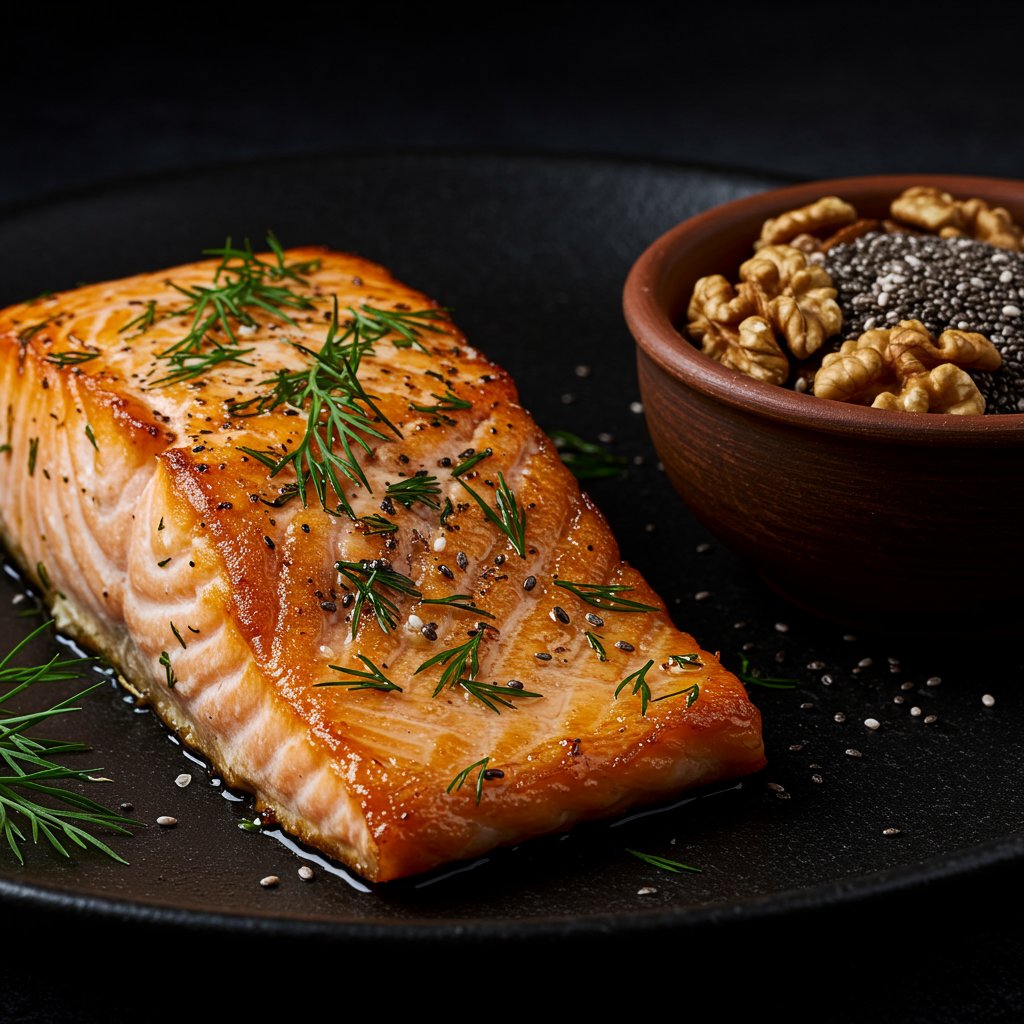
These anti-inflammatory fats can help combat scalp dryness and flakiness, creating a better environment for hair to grow. They nourish the hair from the inside, potentially increasing its diameter and density. Excellent sources of omega-3s include fatty fish like salmon, mackerel, and sardines. For plant-based options, flaxseeds, chia seeds, walnuts, and soybeans are fantastic choices. Incorporating these foods a few times a week can make a visible difference in your hair's texture and shine over time.
---
Hydration is Key: The Underestimated Role of Water
It sounds simple, but its importance cannot be overstated. Water makes up almost 25% of the weight of a single strand of hair. Proper hydration is essential for the optimal function of every cell in your body, and the cells responsible for hair growth are no exception. Dehydration can immediately halt hair growth and lead to dry, brittle strands that are more prone to breakage.
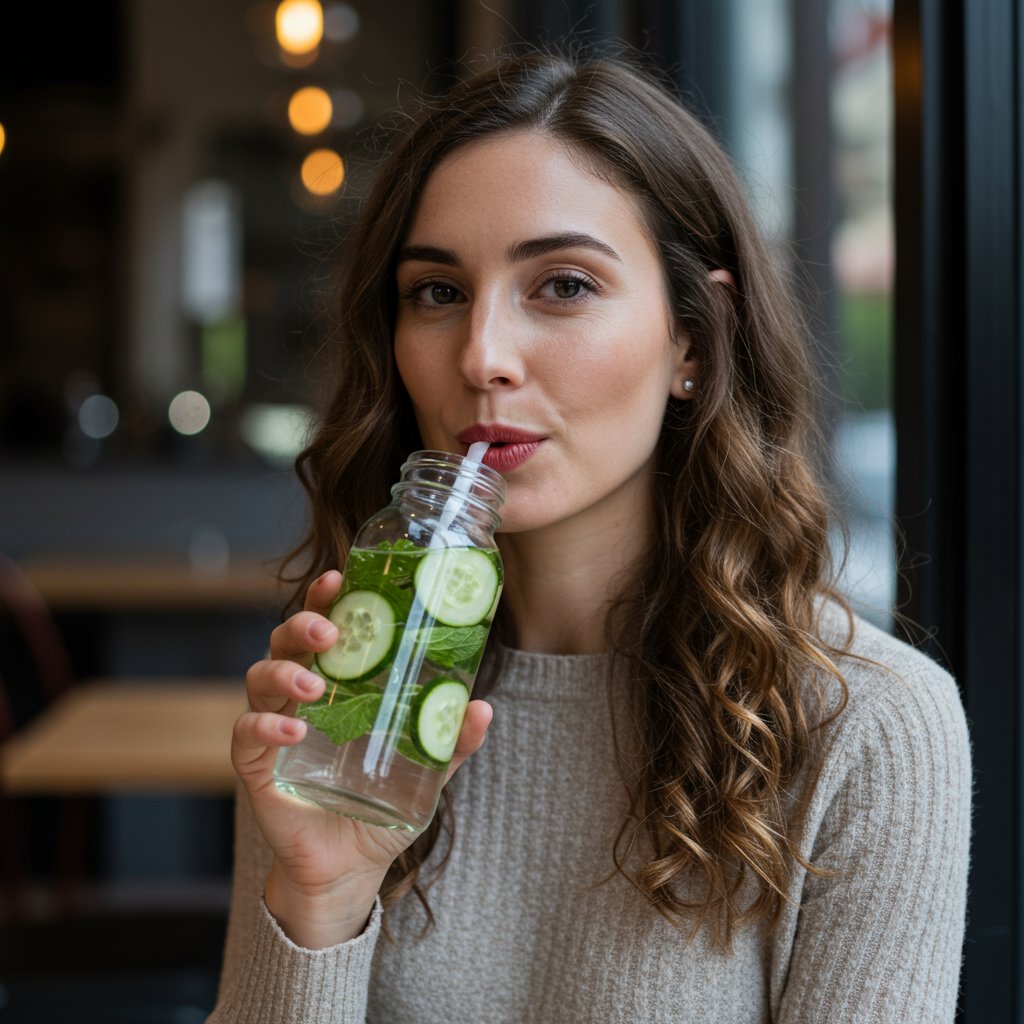
When you're not drinking enough water, your body prioritizes hydrating vital organs, leaving your hair follicles high and dry. This can lead to a dehydrated scalp, which can contribute to dandruff and hinder the growth of new hair. Aim to drink at least 8-10 glasses of water per day. You can also boost your hydration through water-rich foods like cucumber, watermelon, celery, and strawberries. Consistent, adequate hydration supports nutrient absorption and transport to the follicles, ensuring they have everything they need to produce healthy hair.
---
Foods to Limit: The Hair Health Saboteurs
Just as certain foods can boost hair health, others can actively undermine it. Understanding what to avoid is as important as knowing what to include. A diet high in sugar and refined carbohydrates can cause inflammation and lead to hormonal imbalances that may contribute to hair thinning. These foods can spike your blood sugar, causing your body to produce more insulin, which in turn can increase the production of androgens—hormones that can cause hair follicles to shrink.
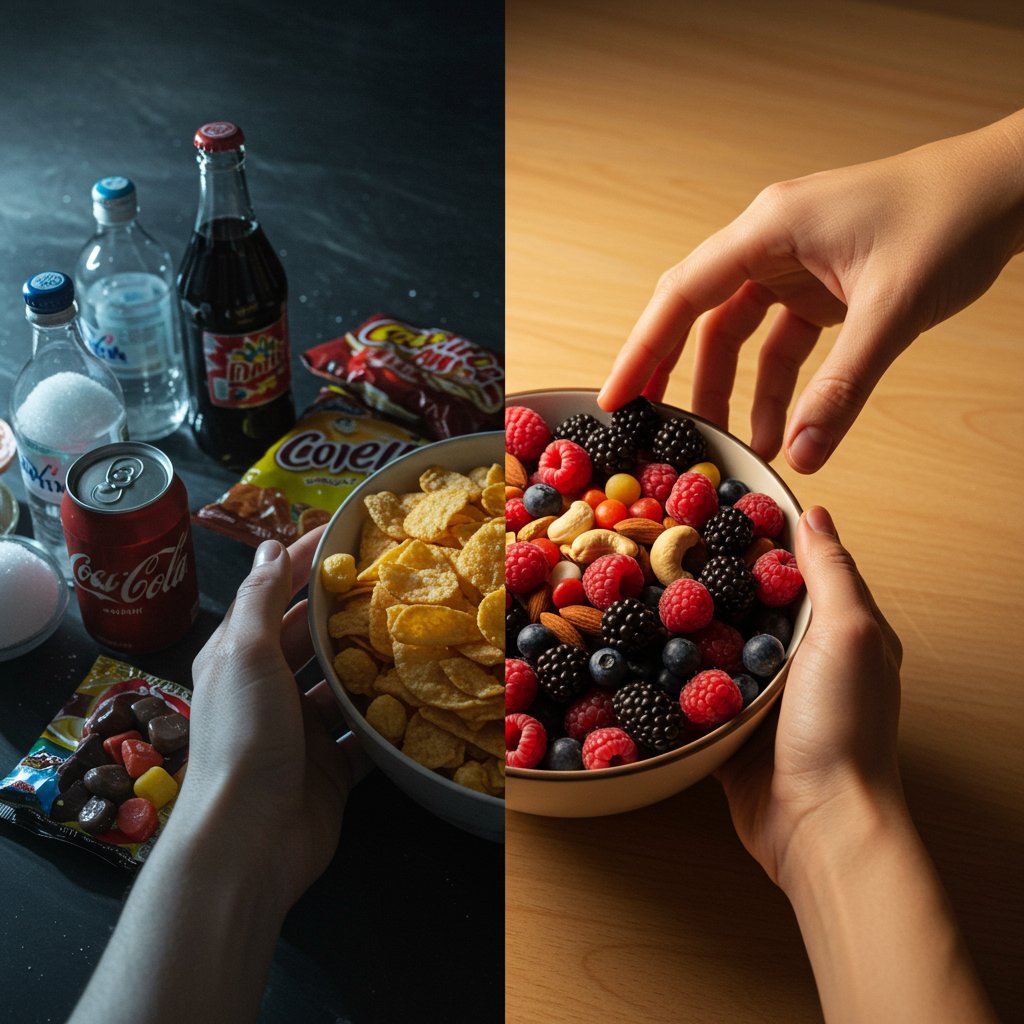
Excessive alcohol consumption can dehydrate your body and deplete key nutrients like zinc and B vitamins, hindering your body's ability to grow healthy hair. Highly processed foods often lack the essential vitamins and minerals your hair needs and can contribute to overall inflammation. While an occasional treat won't ruin your hair, a diet consistently high in these items can counteract all your other positive efforts. Focus on a whole-foods-based diet to provide a clean, nutrient-dense foundation for hair health.
---
Actionable Tips for a Hair-Healthy Diet
- Eat the Rainbow: Aim to include a wide variety of colorful fruits and vegetables in your diet to ensure you're getting a broad spectrum of vitamins, minerals, and antioxidants.
- Prioritize Protein at Every Meal: Start your day with eggs or Greek yogurt, include lean meat or legumes at lunch, and have fish or tofu for dinner.
- Snack Smart: Swap out processed snacks for hair-healthy options like a handful of almonds, walnuts, a piece of fruit, or some pumpkin seeds.
- Stay Consistently Hydrated: Carry a reusable water bottle with you throughout the day as a constant reminder to drink up.
- Meal Prep for Success: Plan and prepare your meals for the week to make it easier to stick to a nutrient-dense diet and avoid reaching for unhealthy convenience foods.
- Consider a Supplement Wisely: If you suspect a specific deficiency, consult with a healthcare provider before starting any supplements. They can perform tests and recommend the appropriate dosage if needed.
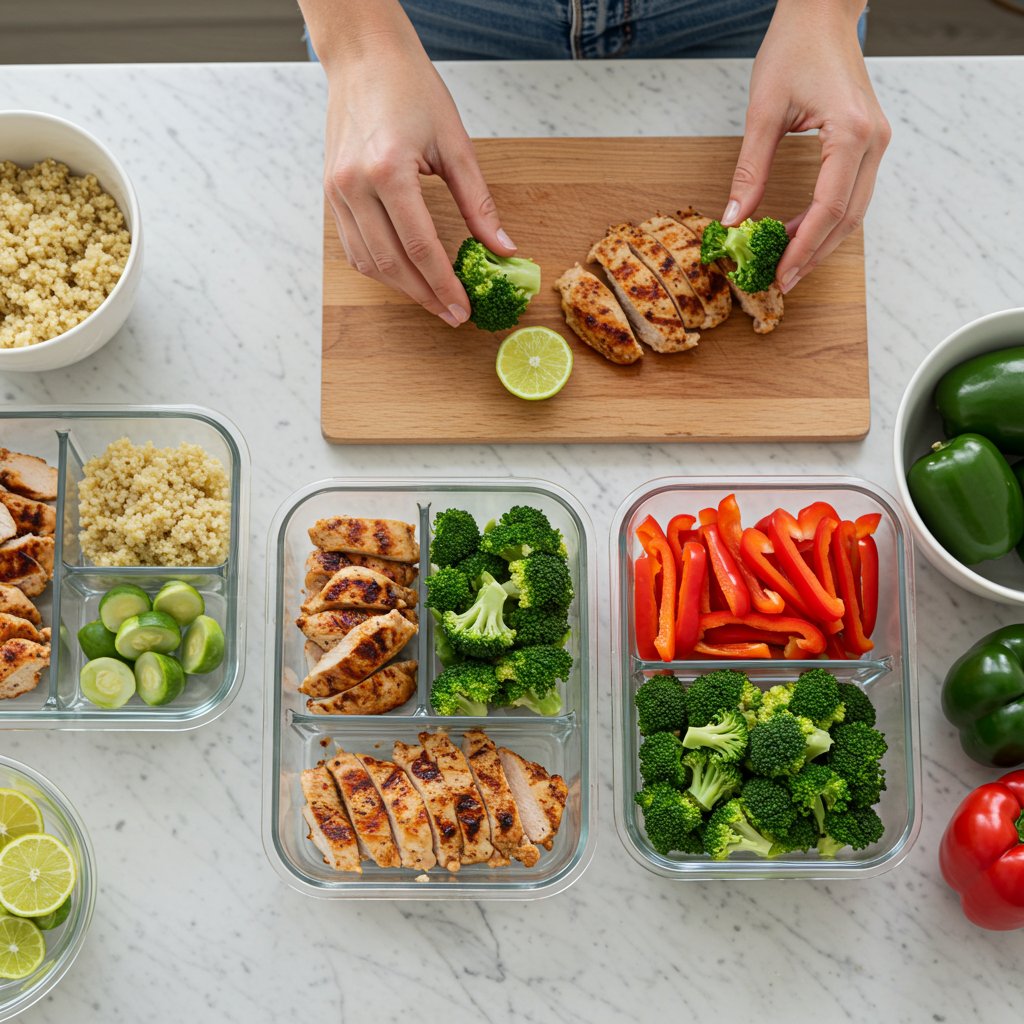
---
Frequently Asked Questions About Diet and Hair Health
1. How long does it take to see changes in my hair from a better diet?
Hair grows about half an inch per month, so be patient. It can take at least 3-6 months of consistent dietary changes to notice a significant difference in new hair growth. You might notice improvements in shine and texture sooner.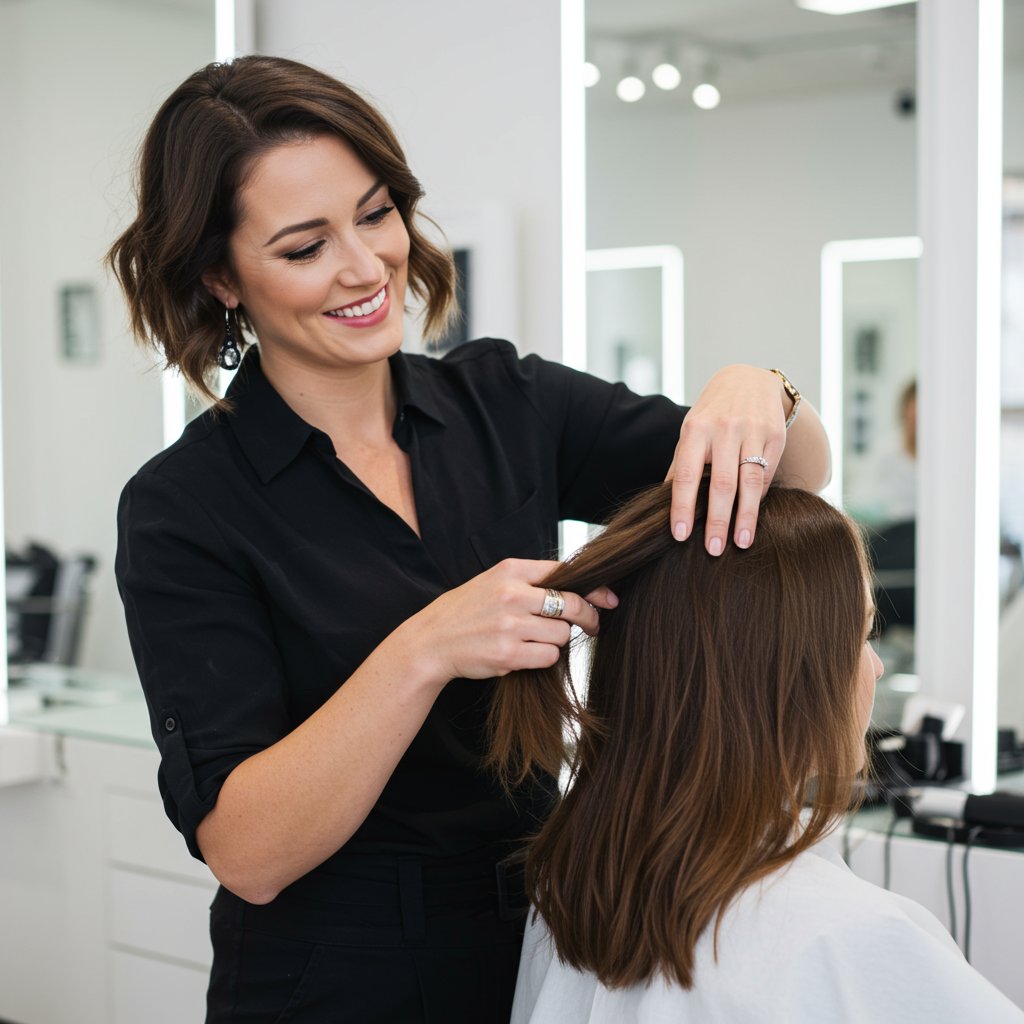
2. Can supplements for hair growth replace a healthy diet?
No. Supplements can help fill specific nutritional gaps, but they cannot replace the complex synergy of vitamins, minerals, fiber, and other compounds found in whole foods. A food-first approach is always best.3. Does being vegetarian or vegan affect hair health?
Not necessarily. A well-planned vegetarian or vegan diet can provide all the nutrients needed for healthy hair. However, it requires careful attention to ensure adequate intake of protein, iron, zinc, and vitamin B12, which are more abundant in animal products.4. Is there one 'superfood' that is best for hair?
While many foods are fantastic for hair, there isn't a single magic bullet. The best approach is a balanced diet. If you had to choose one, eggs are a top contender because they provide both high-quality protein and biotin.5. Can stress undo the benefits of a good diet for my hair?
Yes, high levels of chronic stress can have a significant negative impact on hair health, sometimes leading to hair loss (telogen effluvium). A healthy diet helps your body cope with stress, but managing stress through mindfulness, exercise, and adequate sleep is also a crucial part of a holistic approach to hair care.6. Will drinking more water really make my hair less dry?
Absolutely. Hydration starts from within. When your body is dehydrated, it pulls moisture from non-essential tissues, like hair. Increasing your water intake helps ensure that your scalp and hair strands are properly hydrated from the inside out, improving elasticity and reducing brittleness.---
Conclusion: A Holistic Approach to Lustrous Locks
Achieving the hair of your dreams is a holistic journey that beautifully marries external care with internal nourishment. The impact of diet on hair health is undeniable; the vitamins, minerals, proteins, and fats you consume are the very raw materials your body uses to construct strong, shiny, and resilient hair. By focusing on a balanced diet rich in whole foods like lean proteins, leafy greens, colorful fruits, and healthy fats, you are providing your hair follicles with the ultimate foundation for success.
Remember that consistency is key, and patience is a virtue on the path to better hair. The changes you make today are building the healthier hair of tomorrow. Complement your nutritional efforts with a great hair care routine and regular visits to an experienced stylist who can assess your hair's condition and provide professional treatments that protect and enhance your hair's natural beauty. By nourishing your body from the inside and protecting your hair on the outside, you can unlock its full potential and enjoy a crown of glory that truly shines.

